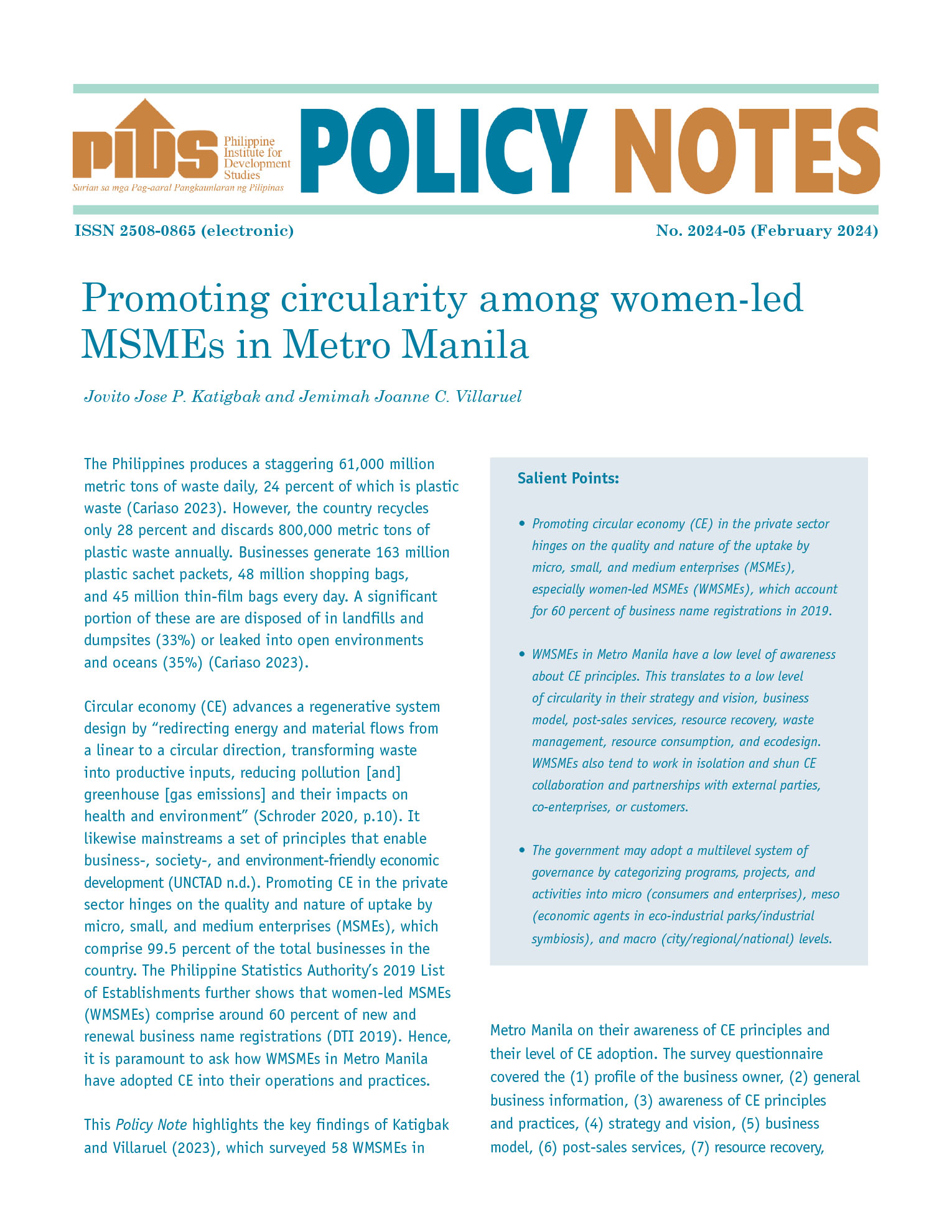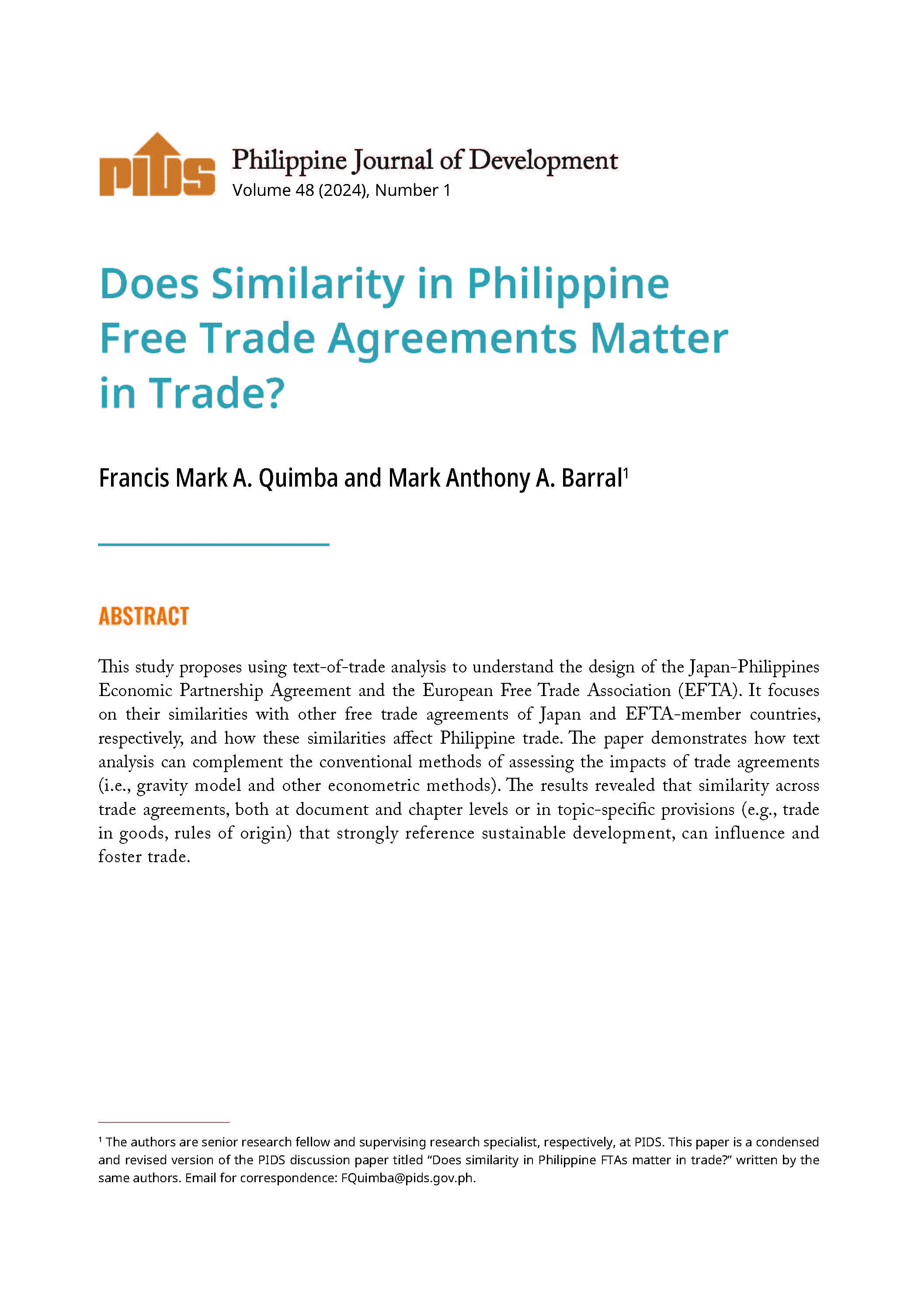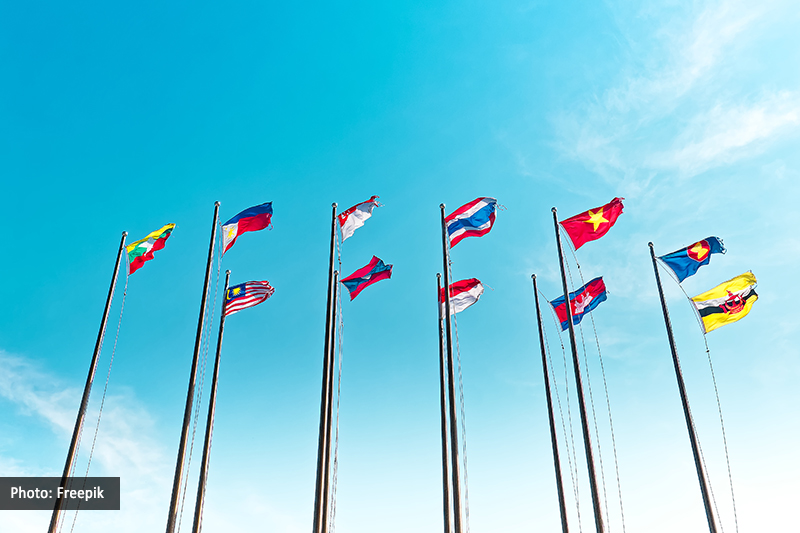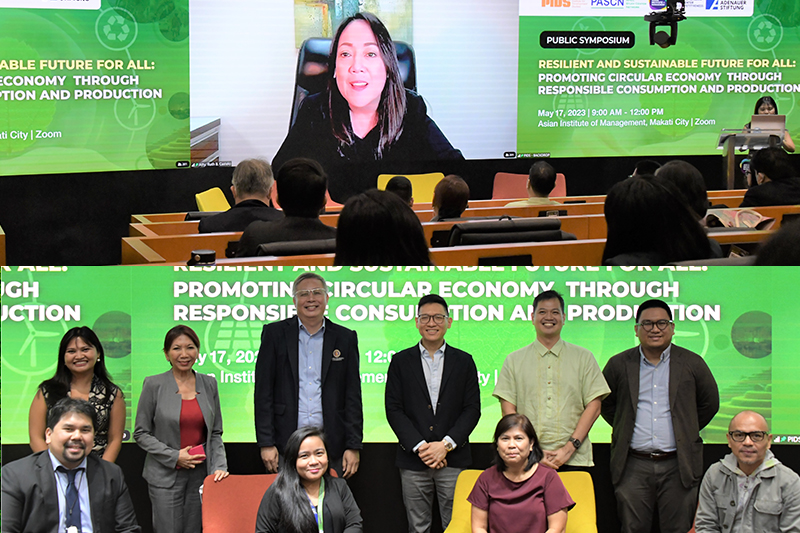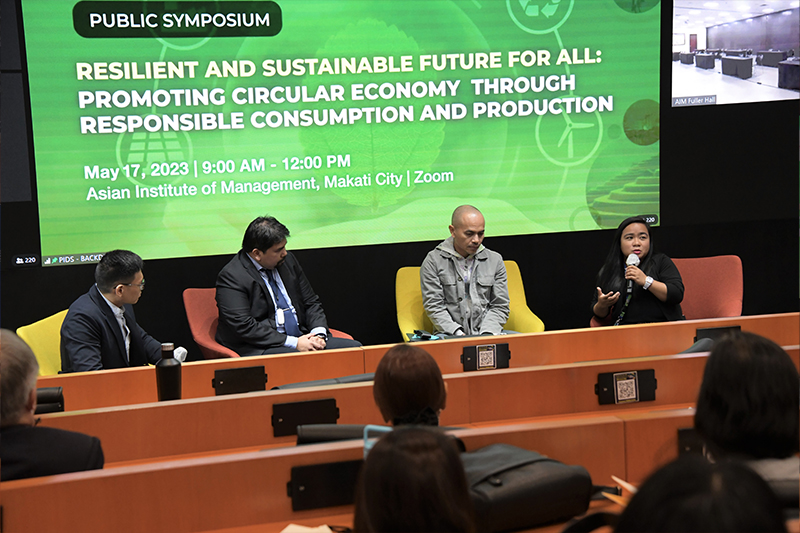STUCK in the Senate for ratification is the Regional Comprehensive Economic Partnership (RCEP) agreement. RCEP is a free trade agreement among the Asia Pacific nations composed of the 10 member states of the Association of Southeast Asian Nations (Asean) — comprising Brunei, Cambodia, Indonesia, Laos, Malaysia, Myanmar, the Philippines, Singapore, Thailand and Vietnam — plus the three partners of the bloc (China, Japan and South Korea), Australia and New Zealand. As of the first week of December, 11 states (Brunei, Cambodia, Laos, Singapore, Thailand, Vietnam, Japan, Australia, New Zealand, China and South Korea) have ratified their membership to RCEP. The pact is scheduled to be in operation on Jan. 1, 2022.
Once operational, the RCEP trading bloc will constitute the biggest free trade agreement in the world as it accounts for 30 percent of the world's population and around 30 percent of the global gross domestic production (GDP). India has been invited to join but opted to delay membership. It has, and others in the Asia-Pacific region, 18 months to decide whether to join the trading bloc or not.
RCEP will promote greater trade among member countries by eliminating almost 90 percent of tariffs, further reducing red tape in trade and establishing common rules for e-commerce, trade and intellectual property. While critics claim that the gains from trade will be modest and that RCEP will only solidify China's economic leadership in the region — leaving the US behind — others believe that it will be a boon to the Asia-Pacific region, solidifying the claim that the 21st century is undeniably the "Asian century."
Filipino economists warned that the Philippines stands to lose out to its key competitors if it does not become an RCEP member. Dr. Francis Mark Quimba noted that the country could miss a 2-percent growth in its real gross domestic product (GDP) if it fails to ratify RCEP. Quimba said that Vietnam and the Philippines are the top gainers of RCEP in terms of change in real GDP. Quimba added that the Philippines will experience a decrease in exports and an estimated 0.26-percent decrease in real GDP if other RCEP member countries proceed and the Philippines will be left behind.
Similarly, Dr. Caesar Cororaton, senior research fellow at the Virginia Polytechnic Institute and State University in the United States, initially estimated that membership to RCEP will improve the country's trade balance by as much as $51.7 million, increasing overall welfare by $573.7 million, contributing to an 0.84-percent real GDP growth and lowering poverty incidence by 4.97 percent in 2030.
Why the objections?
Critics of RCEP, who have been successful in convincing the Senate to postpone its ratification, argue that RCEP, like the World Trade Organization (WTO), will be inimical to the interest of our agricultural sector, particularly our small farmers. They claim that our small farmers are not competitive compared to their Asian counterparts because the government neglected to provide them with the necessary measures to make them efficient producers. If we immediately join RCEP, they alarmingly warned that it will be the "death" of our small farmers just like what happened after our membership to the WTO.
Expectedly, their argument is highly flawed because it is a kind of reasoning normally resorted to by pamphleteers. First, notice that our small farmers survive and abound in our agricultural sector despite membership to the WTO. Our small farmers are resilient and they will survive and flourish under the RCEP regime if the government and the other sectors of our society work together in making them more competitive.
Second, the opposition to RCEP (and the WTO before) is basically anchored on the Leftist ideology that the state should resist entry of products from powerful imperialist countries (i.e., the US before) because this will be detrimental to the interest of the local producers. Never mind if local producers, under the sponsorship of the ever-present state, victimize consumers with high prices of their products. In the name of nationalism and protectionism, the Left insists that we should nurture the interest of our inefficient local producers because of the belief that they will lead our industrial development. More than 50 years after this ideology was enshrined in our laws, there is no still no sign that our consumers will get any reprieve from the high prices of locally produced products and that we are now on our way to becoming a modern industrial country, particularly our agricultural sector.
Third, assessment studies of the implementation of the "Agricultural and Fisheries Modernization Act of 1997" (Republic Act 8435) were already out in early 2000. One of the most comprehensive ones, titled "Modernizing Philippine Agriculture and Fisheries: The AFMA Implementation Experience" conducted by Dr. Rolando Dy, et.al, already pointed out the flaws of the law's implementation. Among the findings were the following:
— The budget allocation by components, in percentage terms, was not followed;
— There was bias for production-support, to the detriment of marketing, research and development, human resources development and interagency linkages;
— There was little concern for regional priorities;
— The need for sound criteria for project selection was not explicit;
— The role of private investments in growth and job creation was not clear; and
— Program benefiting monitoring and evaluation was severely inadequate which, in part, hindered the ability of the review team to conduct deeper analyses.
I distinctly remember that a number of those who now vociferously opposed the ratification of RCEP were already part of the advisory council of the Department of Agriculture (DA) and maintained quite a cozy relationship with its previous senior officials. If they honestly believe then that those efficiency-enhancing measures were not being properly implemented by previous successive DA administrations in the light of our WTO membership, why did they not raise a howl of protest against this apparent inaction, verging on neglect, by the DA? Why only raise it now when they did not hold accountable past DA officials but instead focused their attention on our WTO membership? Obviously, the answer is because they cling to their atavistic ideology. Or is this just a case of pure hypocrisy on their part to advance their ideology?
And assuming that we delay membership to RCEP (as late joiners will have 18 months to decide whether to join or not), is it realistic to claim that we can implement the necessary competitiveness enhancing measures during that period as a precondition for our membership to this regional trading bloc, as per critics demand? They cite the example of Vietnam which did its homework prior to its ascension to the WTO. Again, this is pure canard because the reason why Vietnam was not able to join the WTO immediately was that it was blocked by the United States.
What do we need to do to make our agricultural sector competitive? We shall elaborate on this in the second installation of this column-series.


